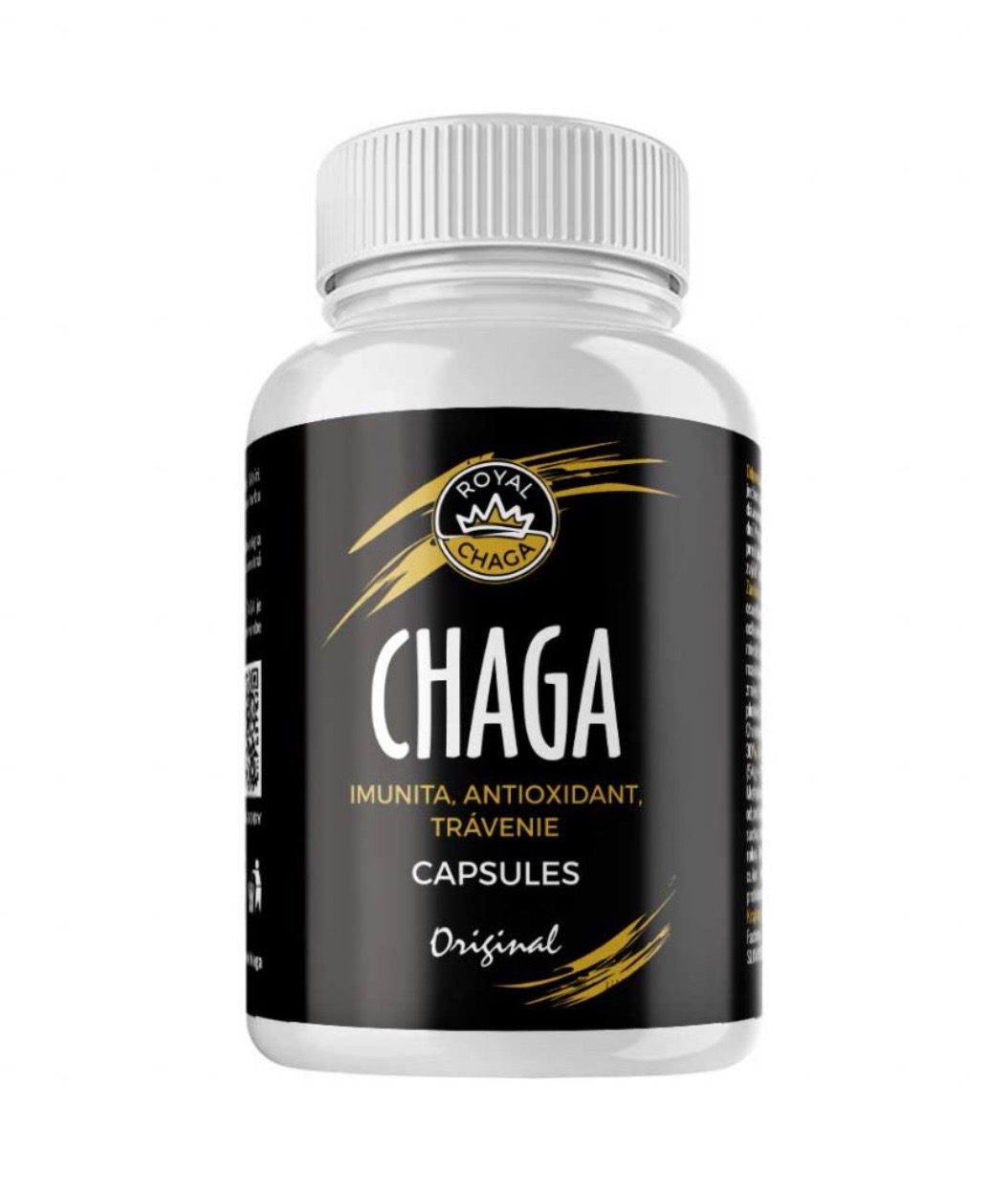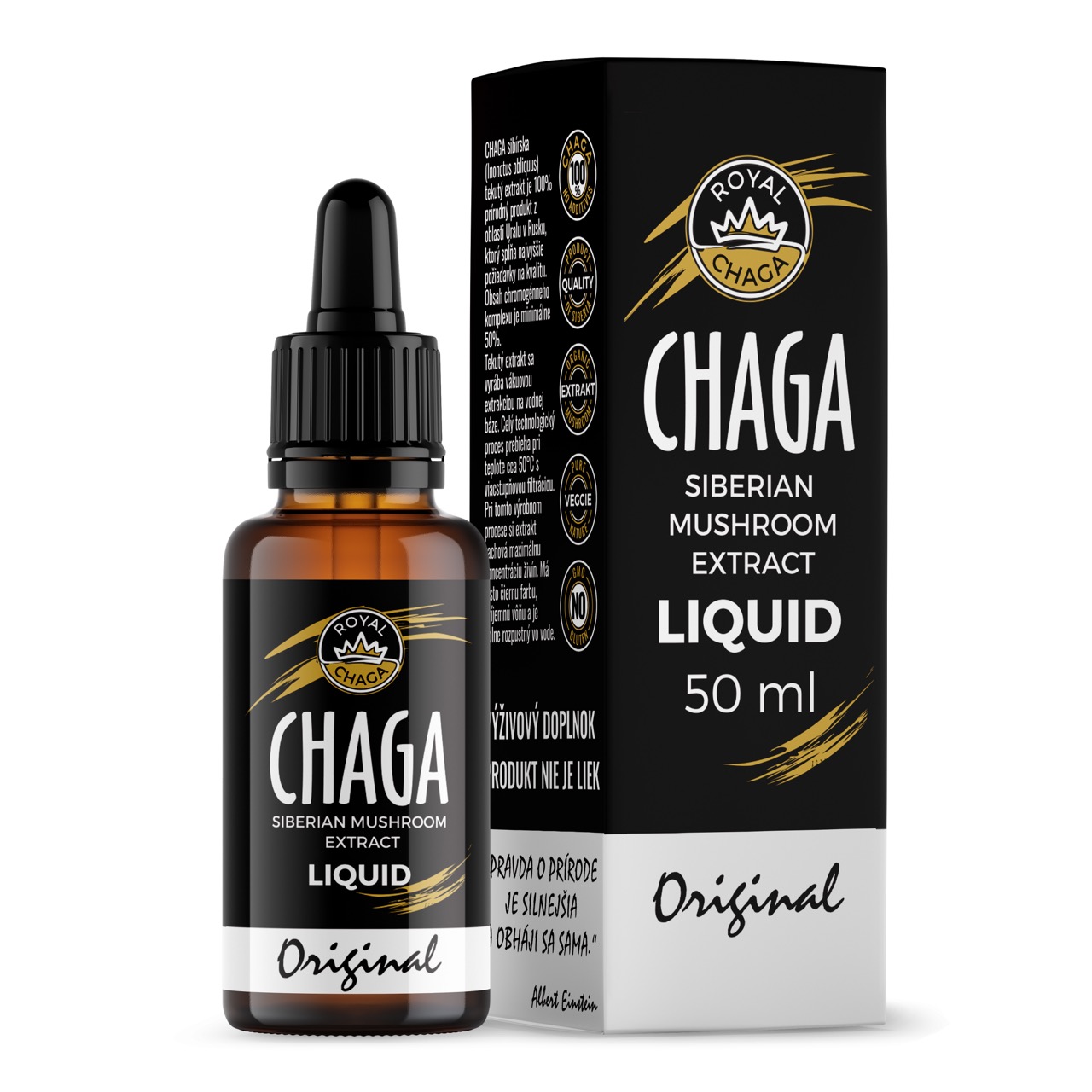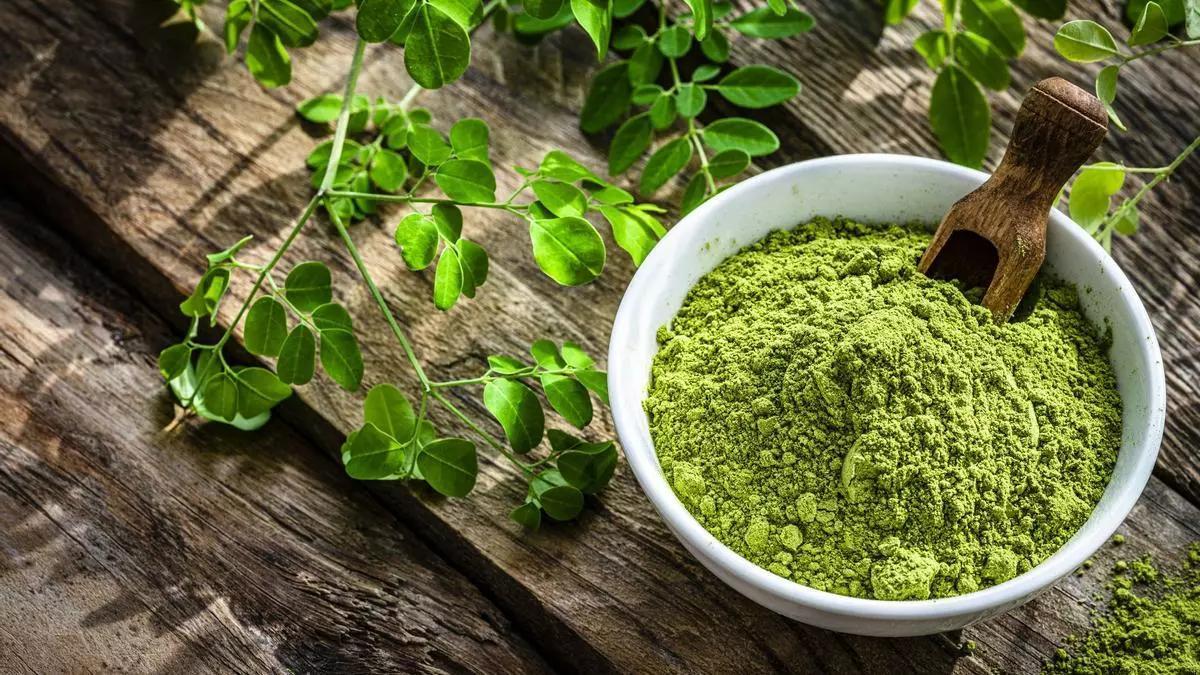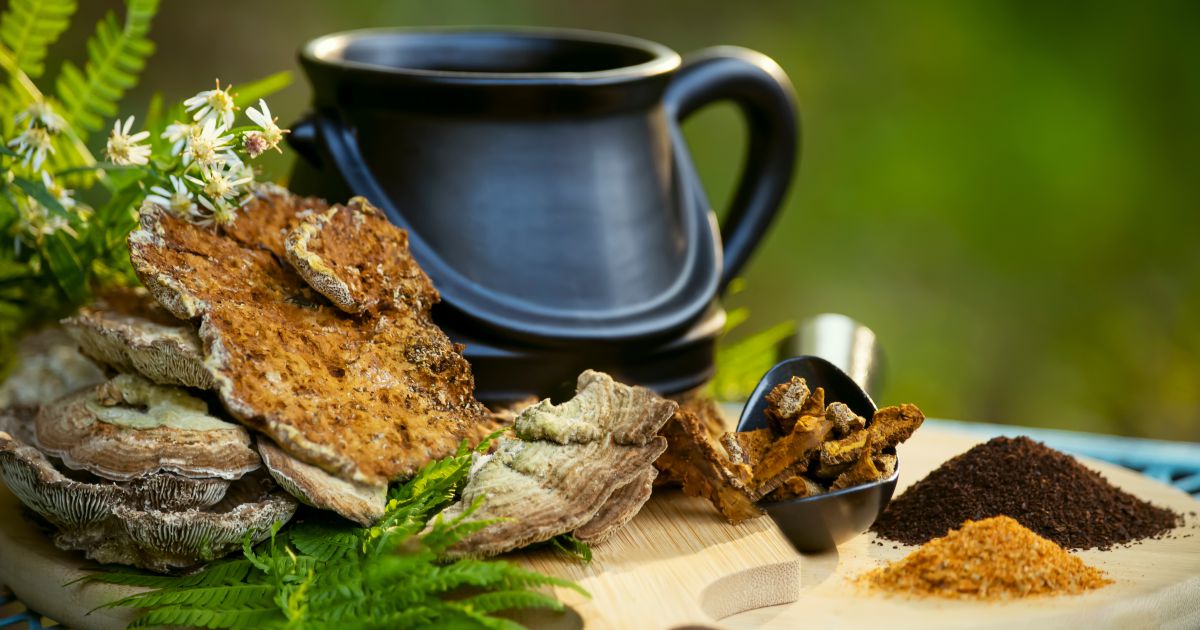
Chaga Siberian, Chaga - the strongest natural antioxidant in the world
Content of the article
1. What is chaga? What does this miracle mushroom bring?
2. What is chaga used for?
3. For what problems is it appropriate to reach for chaga?
4. What spectrum of vitamins does chaga contain?
5. What are the effects of Siberian chaga?
6. Does chaga have side effects?
7. How long to take chaga?
8. Where does Chaga Siberia grow?
What does this miracle mushroom bring?
Chaga is a mushroom that grows on tree trunks, mostly birch trees. This type of fungus grows on birch bark in cold environments such as northern Europe, Siberia, Russia, Korea, northern Canada and Alaska.
Chaga is especially popular in Siberia and other parts of Asia. In Russia and other European countries, it is used as a traditional medicine to strengthen immunity and improve overall health.
Some of the substances it contains have high antioxidant effects, thanks to which it is able to reduce the level of sugar and cholesterol in the blood.
What is chaga used for?
In the Western world, chaga is becoming increasingly popular for its health benefits. People use it to treat heart disease, diabetes and even cancer, but there is not enough scientific evidence to support this use yet.
Chaga was ground into a fine powder and herbal tea was prepared from it.
Currently, it is available not only as tea, but also in the form of powder or capsules. Chaga tea can also be mixed in combination with other mushrooms or herbs.
In the case of chaga, it is believed that its medicinal effects are released when taken with warm or cold water.
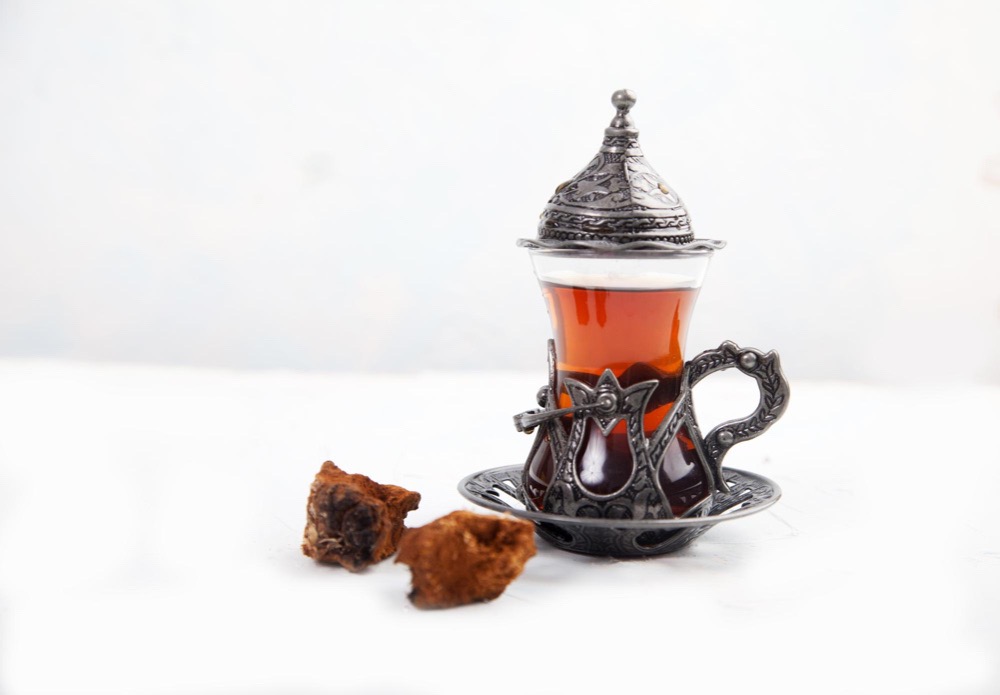
Possible health benefits of chaga
- strengthens the immune system
- breast and uterine cancer
- inflammation and stomach cancer
- diabetes
- anxiety and stress
- analgesic effects
- various autoimmune diseases
- diseases of the duodenum, pancreas and spleen
- hair loss
- arthritis
- stomach ulcers
- inflammation and liver cancer
- Crohn's disease and more…
The chaga mushroom is rich in a wide range of vitamins, minerals and nutrients
including:
- B-complex vitamins
- vitamin D
- potassium
- rubidium
- amino acids
- dietary fiber
- copper
- selenium
- zinc
- iron
- manganese
- magnesium
- calcium
Research into the health benefits of this mushroom is still ongoing, but some scientific studies suggest that chaga extract may provide multiple health benefits.
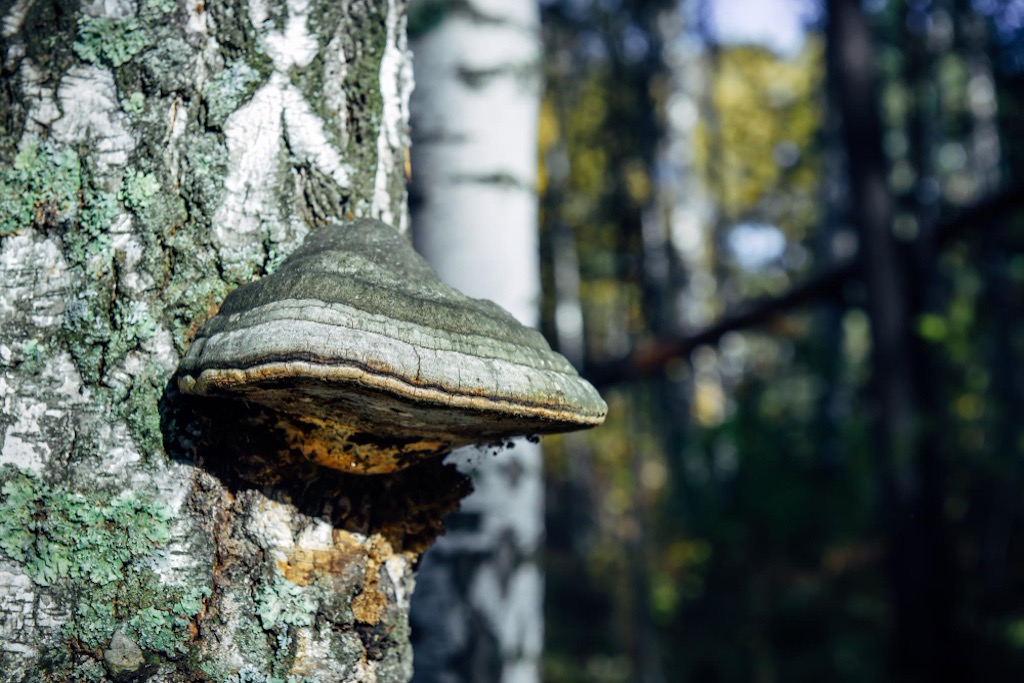
What are the possible effects of Siberian Chaga?
1. Strengthens the immune system and fights inflammation
2. It slows down the aging process
3. Reduces the risk of heart disease
4. Prevention and helper in the treatment of cancer
5. Help in the treatment of diabetes
6. Heart attack prevention
7. Prevention of side effects in the treatment of serious diseases
1. Strengthens the immune system and fights inflammation
Inflammation is the immune system's response that your body is fighting an illness. But sometimes it can happen that inflammation turns from a short-term attack into a chronic (long-term) health problem.
Chronic diseases such as rheumatoid arthritis are associated with chronic inflammation.
Recent research suggests that some conditions not considered inflammatory, including depression, may be partially caused by chronic inflammation.
Chaga is able to regulate the production of cytokines and thus can help reduce inflammation. Chaga stimulates white blood cells, which are essential to fight against harmful bacteria or viruses.
In a mouse study, chaga extract reduced inflammation and intestinal damage by inhibiting inflammatory cytokines.
2. It slows down the aging process
The physical symptoms of aging are caused by oxidative stress. Wrinkles, sagging skin or gray hair are companions of the aging process.
Long exposure to the sun, pollution and other factors create a large amount of free radicals that affect not only the skin, but also our body as a whole and accelerate the aging process.
A greater supply of antioxidants, which neutralize free radicals, can theoretically slow down the aging process, even reverse its visible signs.
Chaga and its beneficial effectiveness in overcoming oxidative stress suggests that it could also be effective in slowing down aging.
3. Reduces the risk of heart disease
High cholesterol is a risk factor for cardiovascular diseases. The large amount of antioxidants that the chaga mushroom contains can reduce LDL, the so-called "bad" cholesterol. Therefore, chaga could also be useful as a prevention of heart diseases.
4. Prevention and helper in the treatment of cancer
Clinical animal studies show that chaga can prevent and slow the growth of cancer.
In a study on mice with cancer, chaga supplements led to a 60% reduction in tumor size.
In a test-tube study, chaga extract prevented the growth of cancer in human liver cells. Similar results were observed in lung, breast, prostate and colon cancer cells.
It is believed that the anti-cancer effect of chaga is due to the high amounts of antioxidants it contains.
Chaga mainly contains the antioxidant triterpene, which in high concentrations can help kill cancer cells - the study showed.
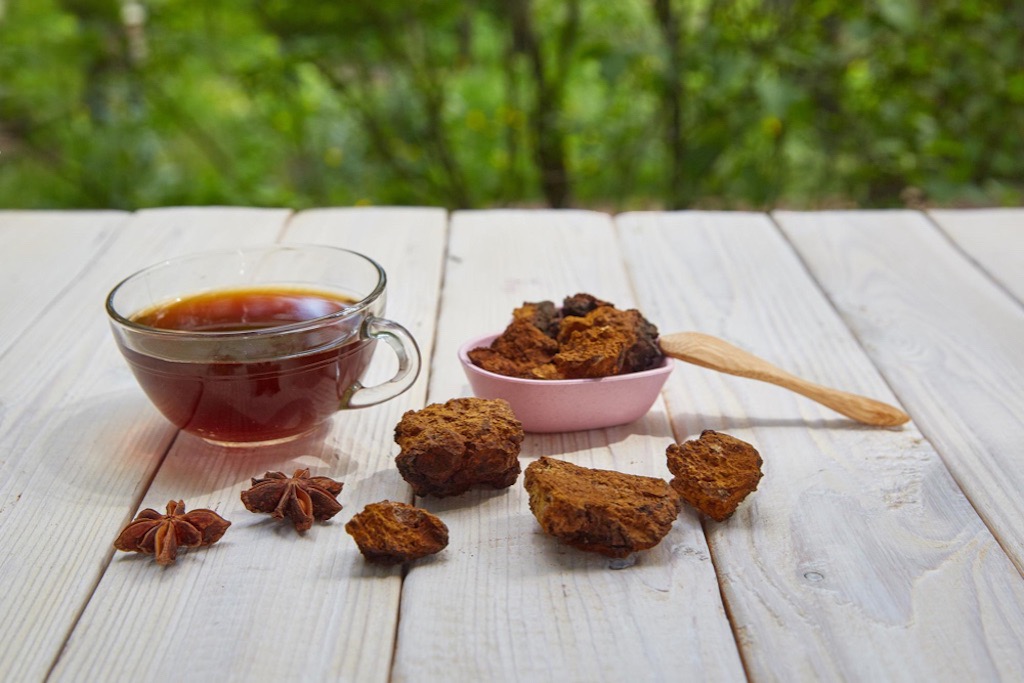
5. Help in the treatment of diabetes
A 2006 rat study found that chaga can lower blood sugar. The rodents had were obese and had
and diabetes, after 8 weeks of eating chaga mushrooms, the sugar level in their blood decreased.
Although the study has not yet been conducted on humans, this result of animal research suggests the great potential of chaga as an alternative treatment for diabetes.
6. Heart attack prevention
Oxidative stress is one factor that contributes to high blood pressure. People who have high blood pressure are more prone to heart attack, heart attack or stroke and other cardiovascular problems.
The rich amount of antioxidants in chaga can help reduce high blood pressure and thus prevent possible heart diseases.
7. Prevention of side effects in the treatment of serious diseases
Even though a lot of research has already been done, more is needed so that chaga can reach the awareness of a larger number of people, and especially those who need its help.
Research is still in its infancy, but if chaga proves effective in fighting diseases such as cancer and arthritis, it could be an alternative to traditional treatments.
Treating people with chaga mushrooms could prevent them from experiencing the side effects of other treatments, such as chemotherapy, radiation, and various medications prescribed for chronic diseases.
Does chaga have any side effects?
Although chaga may provide many health benefits, there is evidence to suggest possible side effects or interactions with other medications. These include:
1. Interactions with drugs
Chaga can interact with some medications, especially those that affect blood clotting or are metabolized in the liver. This means that people taking anticoagulants (medicines to prevent blood clotting) or diabetes medications should be careful when consuming chaga, as there may be unwanted interactions or an increase in the effects of these medications.
2. Possible effect on diabetes
Chaga can affect blood sugar levels, which can be beneficial for some people with diabetes mellitus, but also poses a risk for those who have trouble regulating blood sugar or take diabetes medications.
3. Autoimmune diseases
For people suffering from autoimmune diseases, consumption of chaga can be problematic because the stimulation of the immune system can worsen the symptoms of these diseases.
4. Possible toxic effects
Although cases are rare, there is concern that long-term use of chaga in large doses could contribute to liver damage or other toxic effects. This is especially important in the case of a fungus growing on polluted birches, where it can absorb harmful substances from the environment.
5. Allergic reactions
As with any natural substance, there is a risk of allergic reactions when using chaga, especially in people with existing allergies to mushrooms or molds.
Although chaga may offer a variety of health benefits, it is important to approach its use with caution and be aware of possible side effects and drug interactions. It is always wise to consult with a qualified healthcare professional about the use of chaga or any supplements, especially if you are taking other medications or have existing medical conditions.
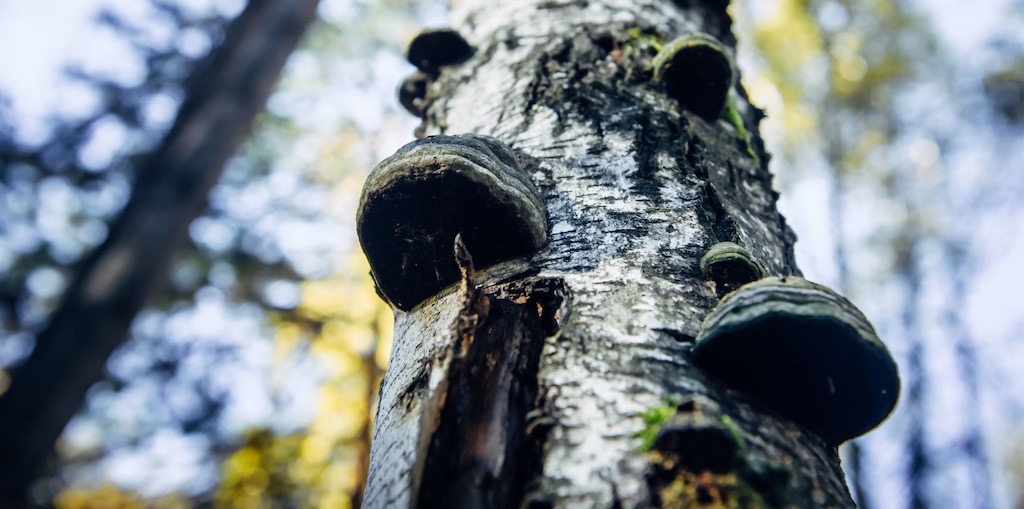
How long to take chaga?
Short-term versus long-term use
Since scientific research on chaga is still in its early stages, there are no hard and fast rules regarding the optimal length of time to use it. Recommendations may vary depending on individual health status, reason for use and form of supplement.
Short-term use
Short-term use of chaga, that is, for a period of several weeks to months, is often considered safe for most people. This approach can be particularly useful for addressing specific health issues or seasonally boosting the immune system.
Long-term use
With long-term use of chaga, which exceeds several months, it is important to be cautious. Long-term use may be associated with potential risks or side effects, such as possible liver damage or interactions with other medications. In such a case, it is always recommended to consult a doctor or an expert in natural medicine about the use of chaga.
Factors to consider
When deciding how long to use chaga, it is important to consider several key factors:
Medical condition: People with specific medical conditions or diseases should be especially careful when using chaga.
Drug Interactions: If you are taking other medications, it is important to consider potential interactions with chaga.
Personal tolerance: Watch for any side effects or changes in your health while taking chaga and adjust the length of use accordingly.
Recommendations for safe use
Start with a lower dose: If you are new to using chaga, start with a lower dose and gradually increase it to see how your body reacts to it.
Regular breaks: Consider including regular breaks in your chaga regimen to minimize the risk of accumulation or side effects.
Consultation with a professional: Before starting or while taking chaga, consult a doctor or health professional.
Why Moringa is considered one of the most nutritious plant sources
Moringa, also known as the "tree of life" or "miracle tree", is a highly nutritious plant native to parts of Africa and Asia. Its scientific name is Moringa oleifera. It is praised for its numerous...
Mapacho / Rapé icaro for calming and grounding energies
In the Amazon tradition, when an apprentice follows the path of the curandero (“healer”), he follows diets that allow him to connect with the spirits of the plants. In this moment of deep communion...
The Kaxinawa Tribe (Huni Kuin)
The Kaxinawá (Huni Kuin) people are the original inhabitants of Brazil and Peru. Their cities lie along the Purus and Curanja rivers in Peru and the Tarauacá, Jordão, Breu, Muru, Envira, Humaitã an...
Ways to Blow Rapesito
There are many ways to blow Rapé: Long and slow, quick and sharp, and everything in between. You will soon learn to judge what is most appropriate, depending on your particular style or the needs o...

